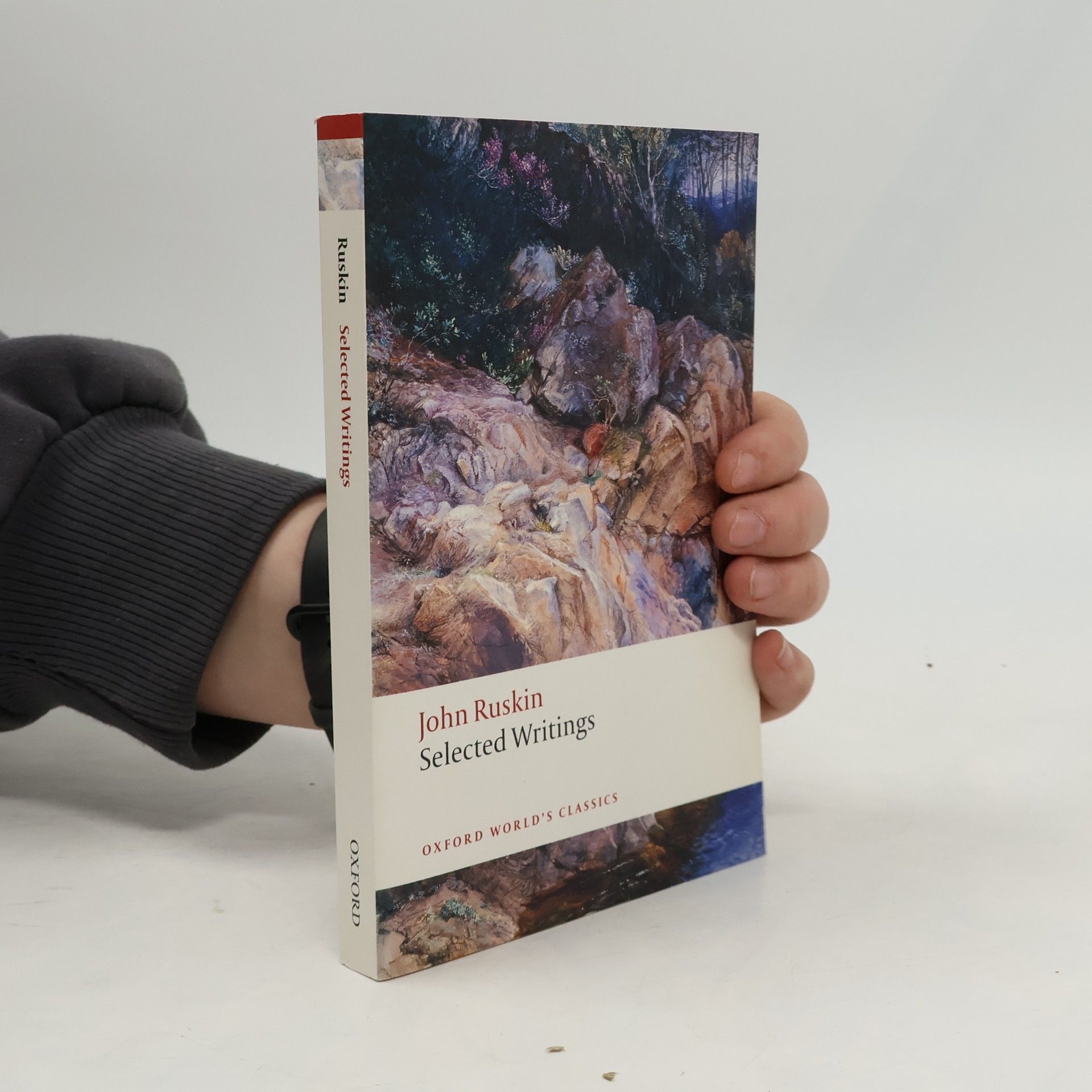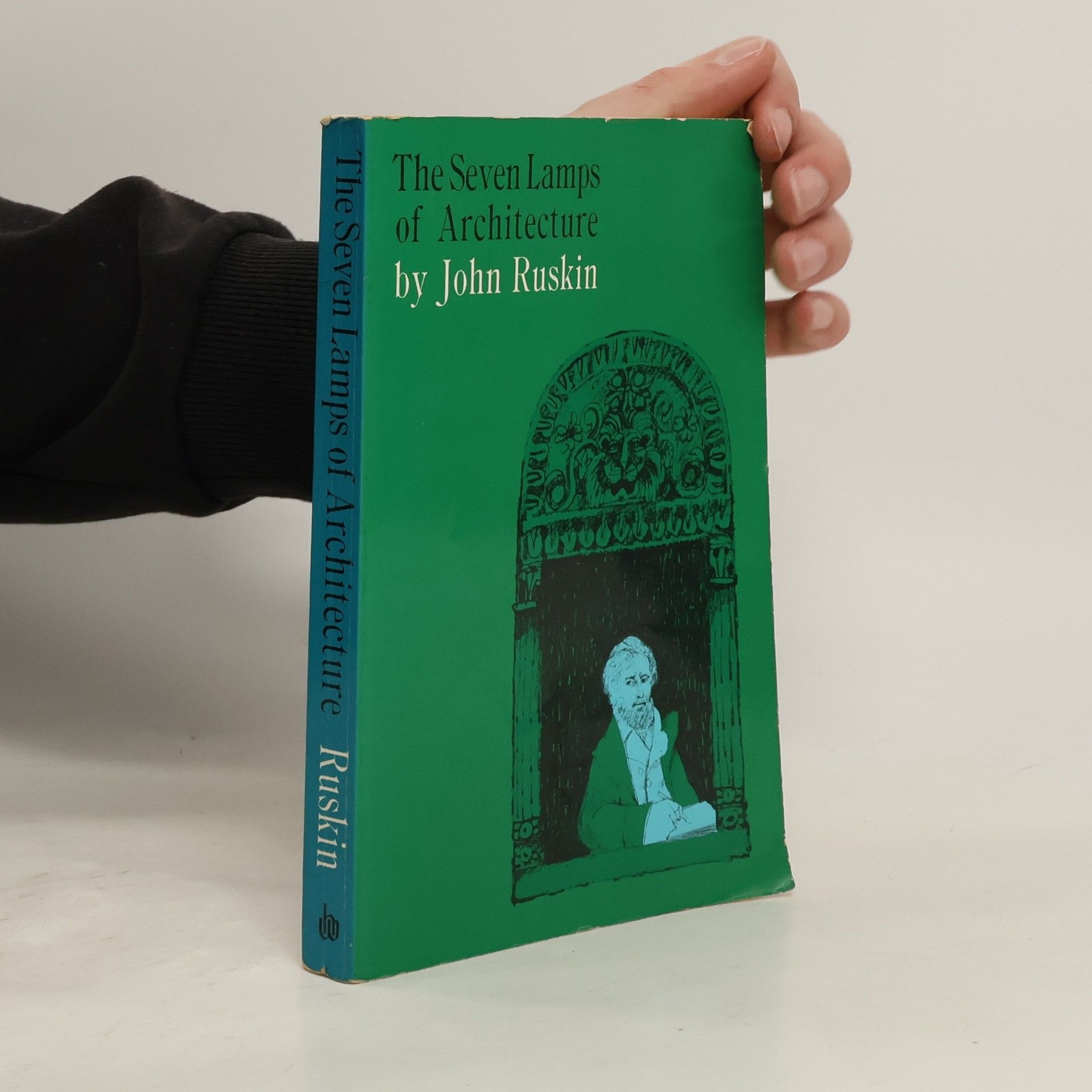A Joy For Ever
- 130 pages
- 5 hours of reading
John Ruskin was a multifaceted figure of the Victorian era, excelling as an art critic, philosopher, and philanthropist. His diverse writings spanned various disciplines, including geology, architecture, and literature, reflecting his broad intellectual interests. Ruskin's literary forms ranged from essays and poetry to travel guides and fairy tales, showcasing his versatility. Over time, his elaborate prose evolved into a clearer style aimed at effectively conveying his insights. Central to his work was the exploration of the intricate relationships between nature, art, and society.





